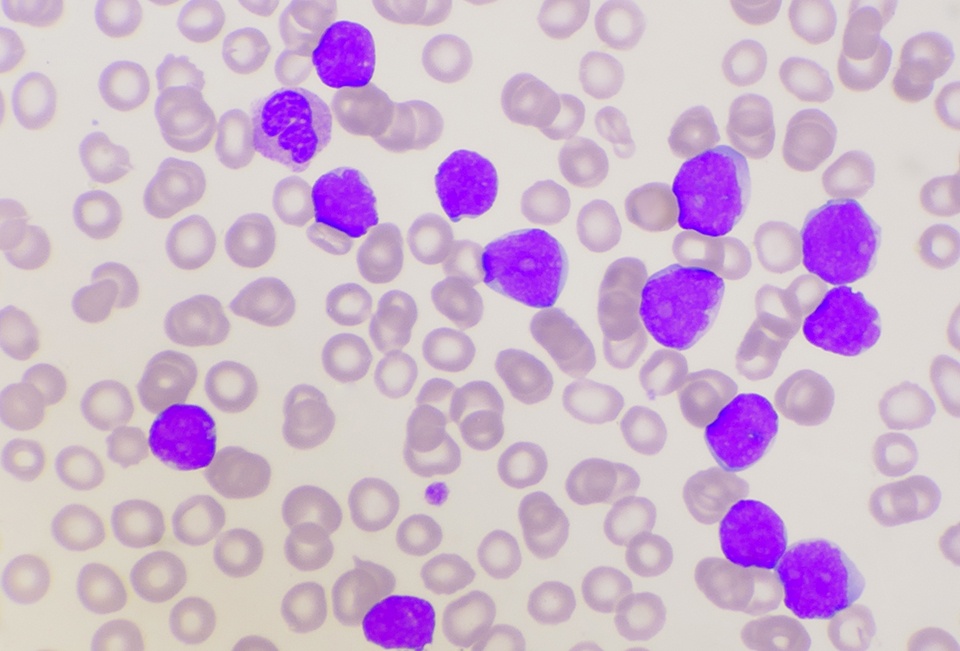
According to an article in BMC Cancer, the most accurate inflammation and nutritional biomarkers for predicting the prognosis of patients with gastric cancer is uncertain. The study’s lead author, Tomoyuki Matsunaga, and colleagues investigated various markers for their efficacy in predicting prognosis in patients over 75 years of age who were undergoing curative gastrectomy for gastric cancer. They concluded that the geriatric nutritional risk index (GNRI) “exhibited the best prognostic performance among several inflammation and nutritional markers in elderly patients with gastric cancer undergoing curative gastrectomy.”
The investigators collected data of 497 elderly patients with gastric cancer who underwent curative gastrectomy at 12 institutions between January 2005 and December 2015. The included predictive biomarkers—GNRI, prognostic nutritional index, neutrophil/lymphocyte ratio, platelet/lymphocyte ratio, and C-reactive protein/albumin ratio—were assessed for their ability to predict overall survival (OS) and disease-specific survival (DSS).
Geriatric Nutritional Risk Index Accuracy Findings
According to report, GNRI had the highest predictive value for OS and DSS with area under the receiver operating characteristic curve estimates of 0.637 (p <0.001) and 0.645 (p <0.001), respectively. The authors found that, “for both OS and DSS, there was a significant correlation between the GNRI and several clinicopathological factors including age, body mass index, albumin, American Society of Anesthesiologists physical status score, depth of tumor invasion, lymph node metastasis, lymphatic invasion, pathological stage, operation duration, bleeding, procedure, approach, death due to primary disease, and death due to other disease.” Further multivariable analyses validated GNRI as a independent prognostic factor for both OS (hazard ratio [HR] = 1.905; p <0.001) and DSS (HR = 1.780; p = 0.043).
Ultimately, the authors suggested that GNRI was the highest performing inflammation or nutritional marker for predicting prognosis in elderly patients with gastric cancer who underwent curative gastrectomy, “indicating its utility as a simple and promising index for predicting OS and DSS in these patients.”
Browse More Expert Interviews and Research on Various Cancers

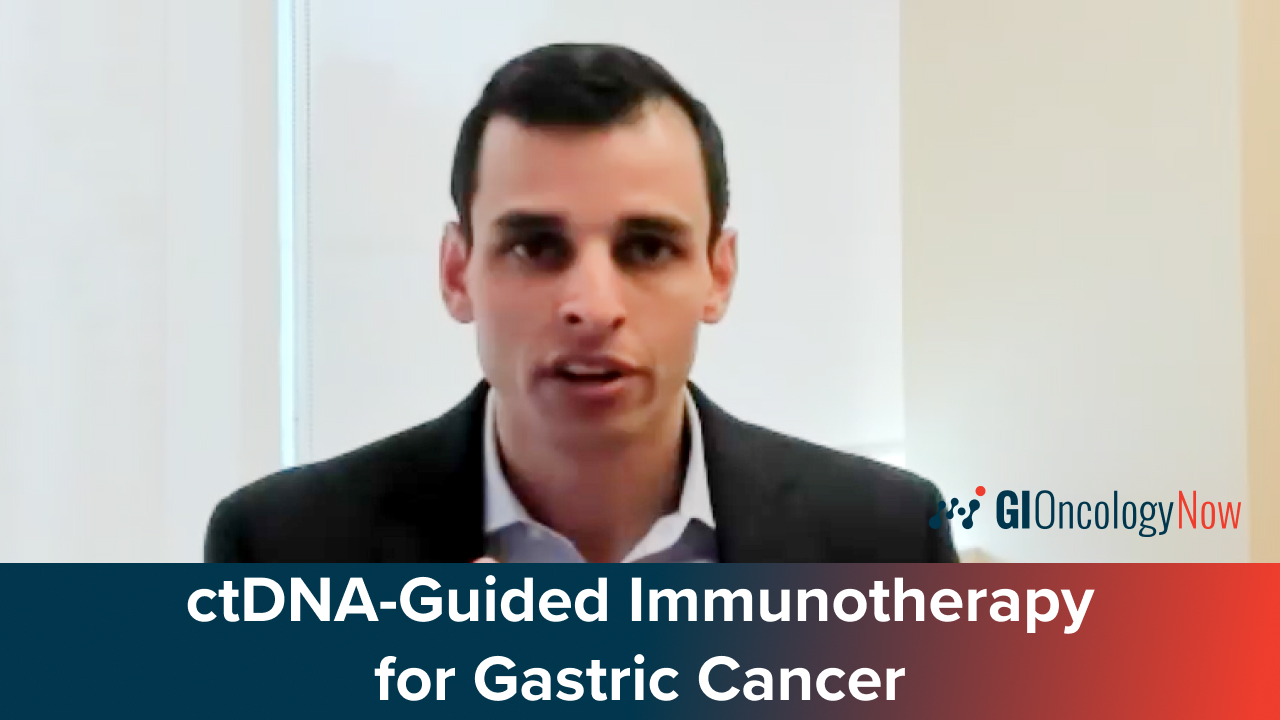
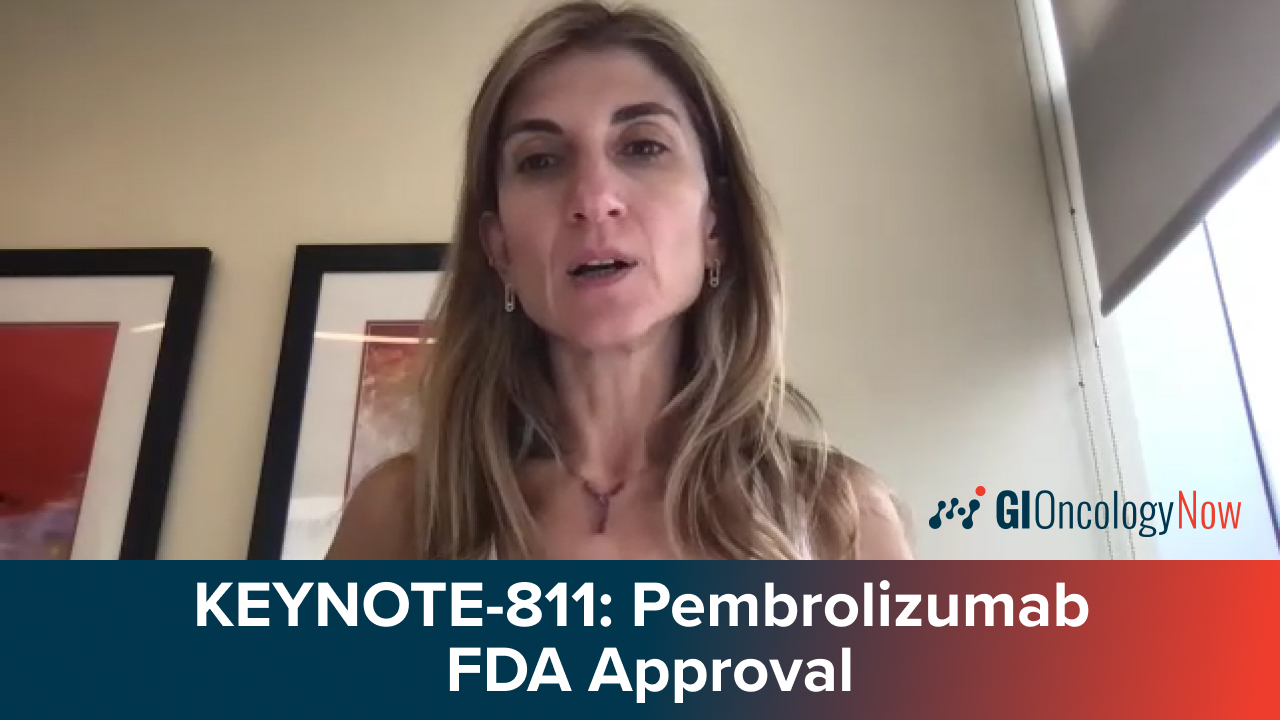
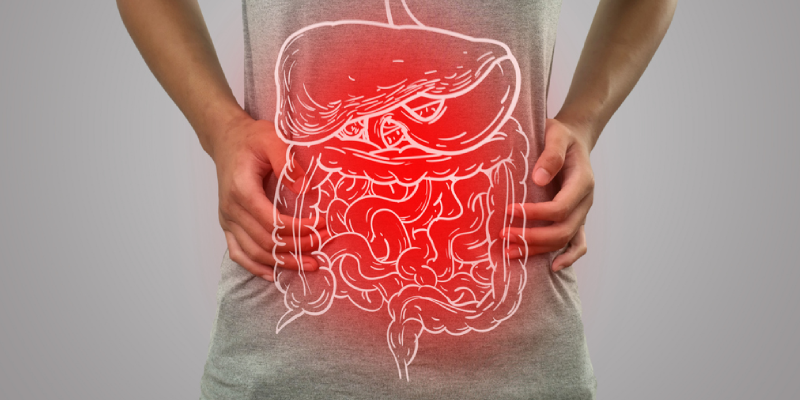
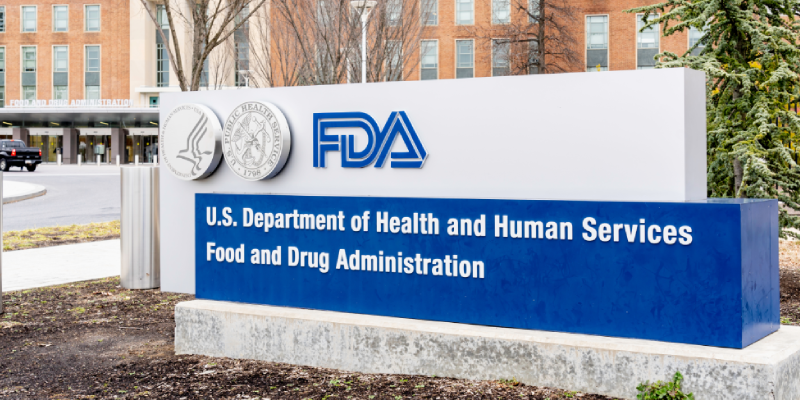


 © 2025 Mashup Media, LLC, a Formedics Property. All Rights Reserved.
© 2025 Mashup Media, LLC, a Formedics Property. All Rights Reserved.